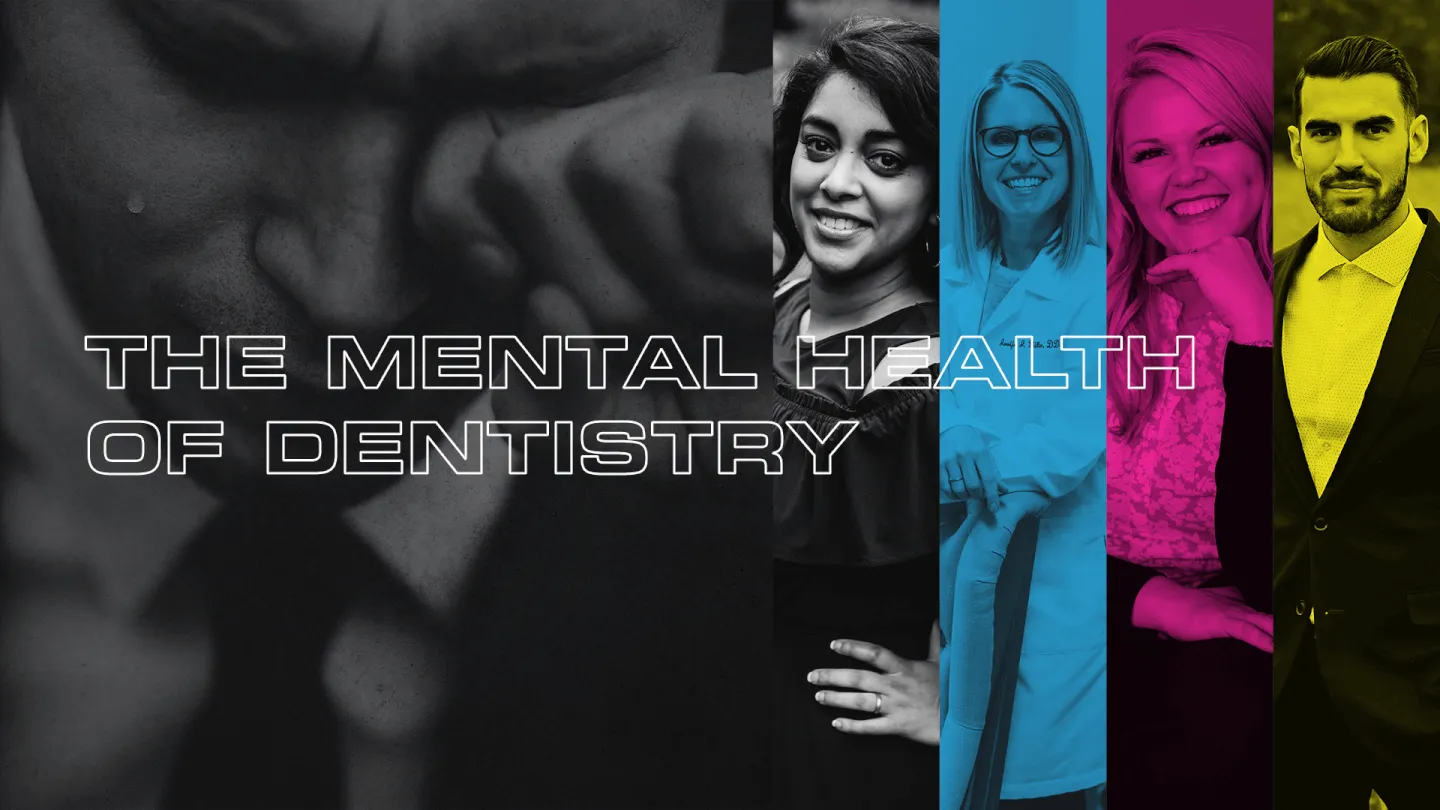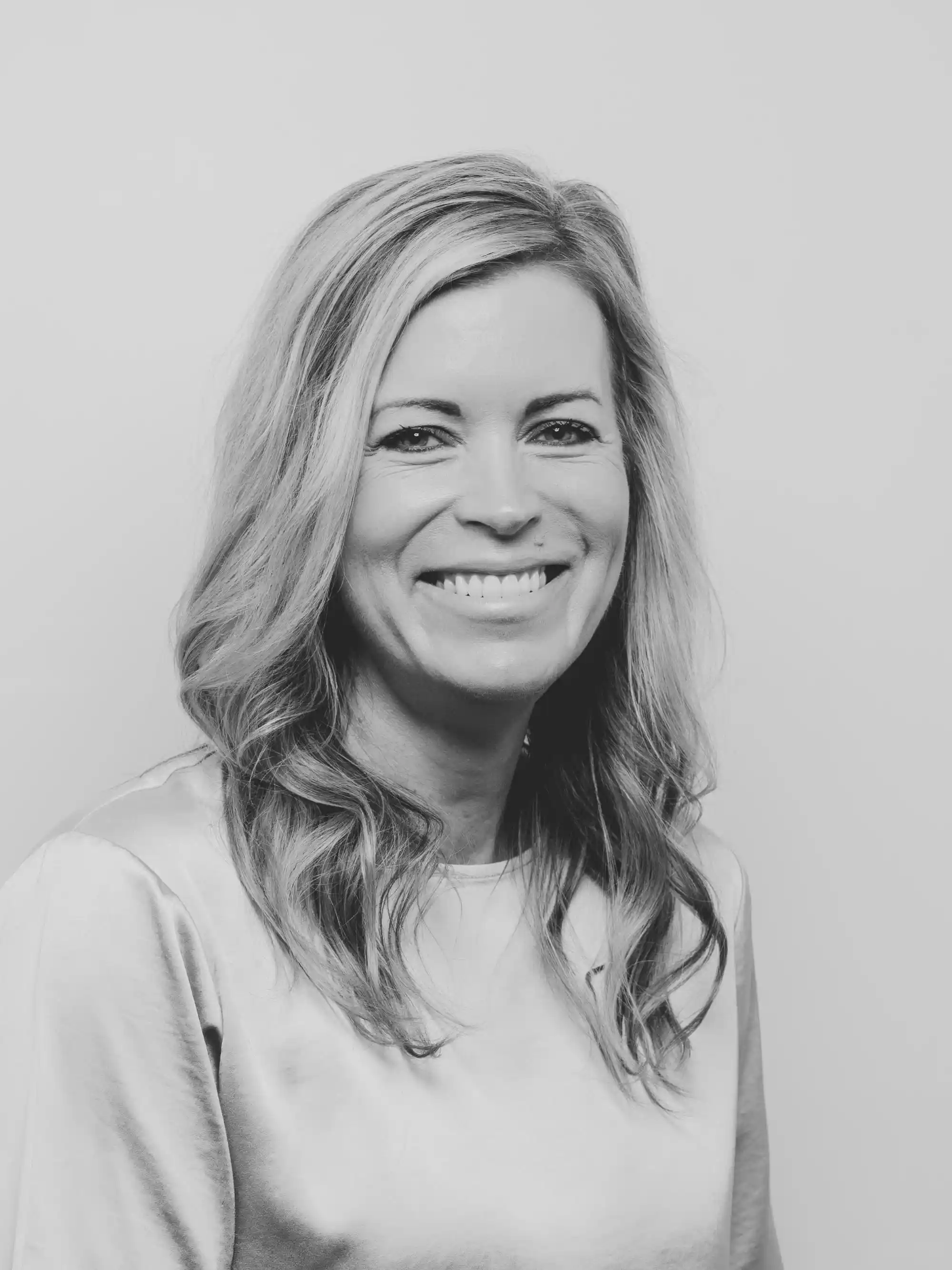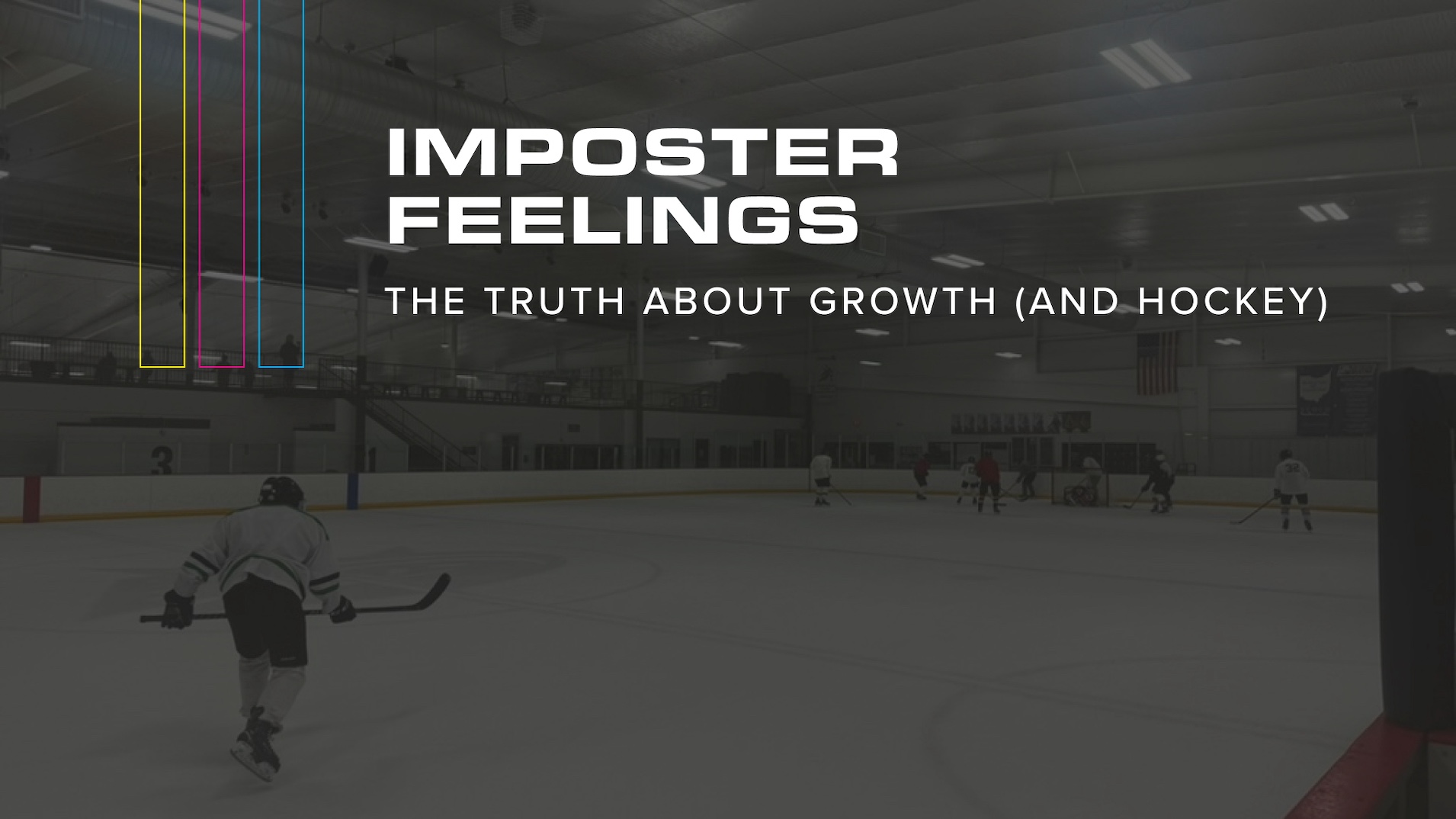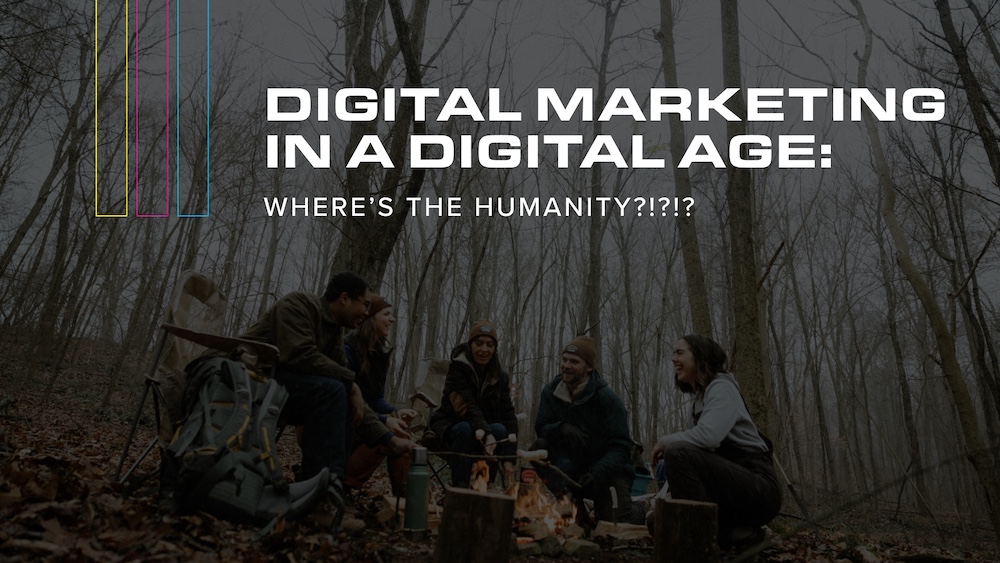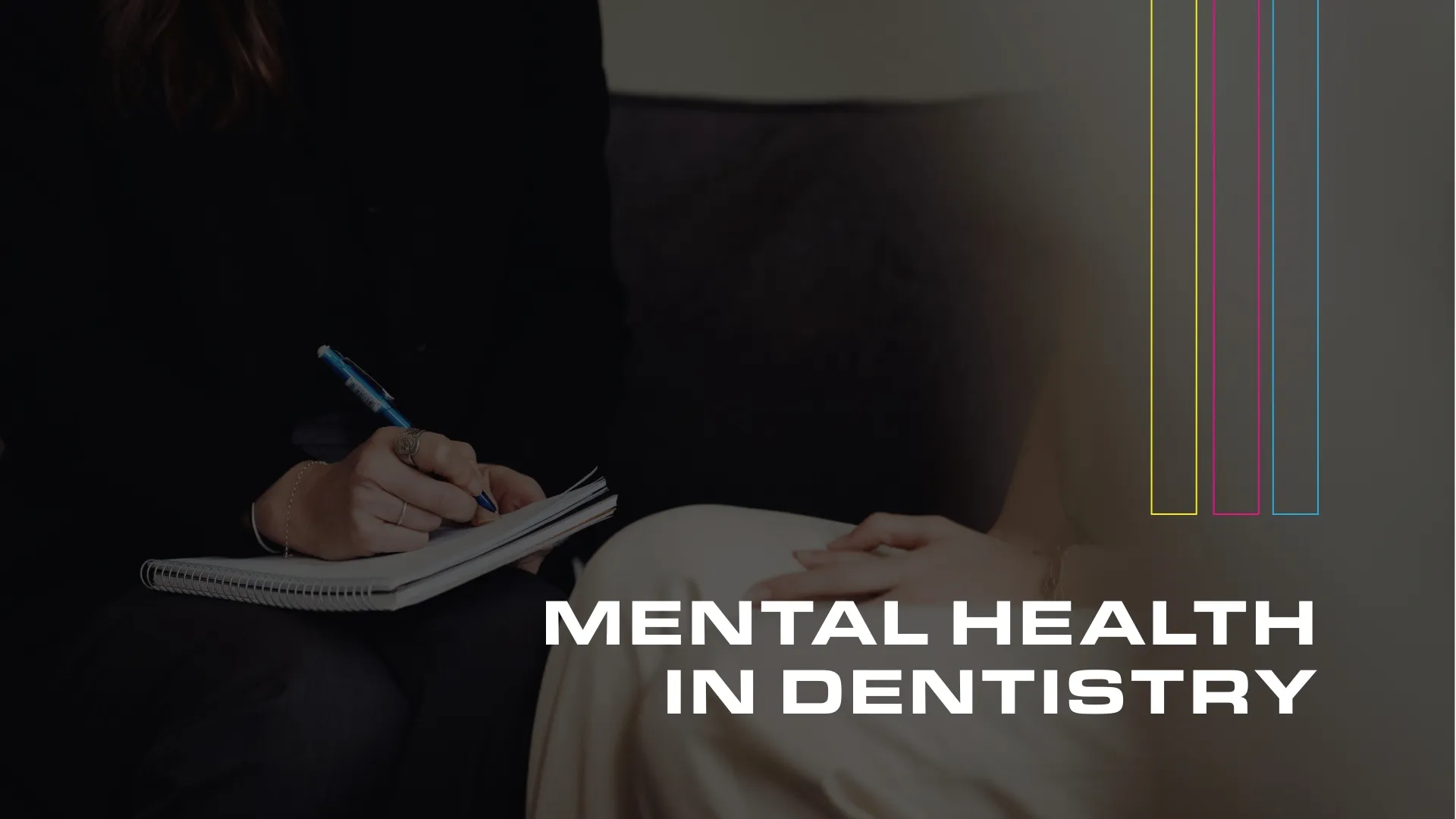The Mental Health Of Dentistry
The Why Behind This Conversation
Even in the year 2020, somehow the topic of mental health can be seen as uncomfortable. Taboo, even. Something we talk about to our closest loved ones, or maybe just to a therapist. Definitely not something we discuss openly to colleagues, and certainly not online. The bigger question is, “why not?" A couple weeks ago, I reached out to half a dozen practice owners and began a conversation around emotional and mental health. Amazingly, they weren’t afraid to talk about the subject, even with the social stigmas and stereotypes that we all know exist in the industry. The promise of a safe and open dialogue around their personal struggles and triumphs with mental wellness led to four fantastic interviews with four amazing docs. Please join me as we dive into honest conversations around a topic that doesn’t attract a lot of attention, and yet is foundational to our everyday health and happiness.
Part I – Meet Dr. Shakila Angadi
@shakilaangadi
Joanna: Why do you think that dentists, on the whole, struggle so much with anxiety, depression and other mental health issues?
Dr. Angadi: The type of person that dentistry attracts is someone who is very particular about details, goal-oriented, high achievers and perfectionistic. While that’s not a bad thing, we are not always encouraged during our training to talk about our mistakes, mess ups, and failures. Actually, it’s quite the opposite. Dental school teaches us perfection. There was very little education on how to handle failure. Historically, there is a high rate of depression among dentists. The problem is that no one is talking about it. The longer it goes, the worse it will become.
“It’s like keeping your umbrella open all the time because you’re worried about the rain...even when it’s sunny. This is how anxiety and depression feels."
Joanna: Does this aim for perfection come from dental school?
Dr. Angadi: If you already have a propensity towards perfectionism, then it’s exacerbated in dental school. Dental school is a “pressure cooker.” Whatever you’re dealing with and bringing with you is magnified. For me, I had childhood trauma, so it was the catalyst for me to achieve, be the best and always perform. The bubble that is created in dental school is not applicable to the real world. It’s not applicable to our relationships, our career goals or parenting. Over time this hard-wired drive will wear us down once we enter life outside of dental school.
Joanna: At the core, are mental health issues driven by fear?
Dr. Angadi: Yes, I do think part of it is. Perfectionism manifests itself as a fear of failure. Being afraid to fail or make a mistake. There is also a fear of the unknown. When it comes to mindfulness, being present and emotional awareness it is all about the “now”. The problem with anxiety is that it focuses only on the future. We’re afraid of something that hasn’t happened. We’re worried about a business decision we haven’t made or an outcome that hasn’t happened. It takes us away from being connected with what we’re experiencing right now. Our brains are very neuroplastic and can be re-trained better than we give ourselves credit for. As humans, we can “unlearn” fear. The game changer is asking ourselves the right questions that bring us back to being present in the moment. A common thought process is equating “failing” with not being a good dentist. The moment I messed up my first root canal, the lights went out. I started creating a storyline in my mind that caused me to retreat inward and go to a dark place instead of reflecting on what I could do better next time.
Joanna: In dentistry, is it embarrassing to admit struggles with mental health?
Dr. Angadi: Unfortunately, the state of mental health in dentistry mirrors what is happening in our society. On the whole, we don’t celebrate mental wellness and we don’t understand mental health issues, because we are too busy praising resume-building activities. That new promotion, career milestone, or the new car you bought. Everything is focused on achievement.
Think about your kids when they were trying to first ride a bike. No parent would say, “Oh you’re never going to ride that thing” or some other discouraging sentiment. However, we talk this way on social media. People are afraid to speak up and be judged. As dental professionals, we’ve stood by and watched a young dentist ask a question and get slammed by all of these discouraging replies. If we’re supposed to be in a field of healing, then we don’t do a good job in our profession celebrating vulnerability in our community.
Joanna: What can we do to change this?
Dr. Angadi: It starts from one conversation. One person standing up and speaking up. The change the world needs begins with one or two people communicating consistently on this topic. Until we do this, we’ll continue to see isolation in our field.
“Until we want to be each other's cheerleaders, things aren’t going to change as fast as we want them to."
Part II – Meet Dr. Jennifer Miller
@jennifermillerdds
Joanna: Describe the avatar of a dentist and how these characteristics can contribute to mental health struggles.
Dr. Miller: As a business owner, there is a lot on our shoulders. I am very responsible for my staff, patients, and my own personal family. We are professional problem solvers, caretakers, fixers, and we look after people. We wake up every day with this vision for our day, but what can be difficult is when we need help. Who do we go to when we’re struggling if we’re the ones always doing the helping? How do we ask for help and who do we go to? Our mindset is to work harder, faster, see more patients, and always keep the ball rolling. This is where mental health struggles can come into play. Sometimes we have to stop and make time for just “me”. If I can’t keep myself in a good spot then I will not be there for anyone else. Striking a balance personally and professionally is really important.
“You want your business to be successful, but we have to be successful in life, too."
Joanna: How can dentists be braver and more vulnerable about their struggles?
Dr. Miller: There are highs and lows, and we all have them. We’ve covered things up, self-medicated to a point where we’re numb to the pain inside. Then we can tell ourselves it’s not real. Personally, I don’t want to live my life “flatline”. I want to let myself experience the highs and lows. Finding your community is critical to processing through hard emotions. Having a couple of people you can be honest with is so important. When we start telling our stories and opening up, it’s that vulnerability that creates connection.
Joanna: What practices are you doing to build a healthy mindset and strengthen your mental wellness?
Dr. Miller: Practicing gratitude has been really big in my life. Reminding myself everyday how lucky I am has been crucial to shaping my mindset. I get to choose to get up and do what I love. I get to choose happiness and choose to see the best in people. I love being a dentist because I get to listen to stories and care for my patients. I have two legs that work – and I can go out and run. This way of thinking really helps me to lean into positivity each day.
“We have trained our whole lives for this. I know how to weave, cut and bounce...but I have to remember to sit, breathe in and out, and be grateful for each day."
Joanna: If you could say one thing that might help another dentist struggling with mental health, what would that be?
Dr. Miller: We’re all better together and we’re all going through this together. We’re all feeling the same things. This is our Mt. Everest. I’ve been lucky because all my friends from NYU have banded together having real conversations where we check in on each other. It might begin with conversations centered around dentistry, but it always ends up involving vulnerabilities. If we can all boost each other up a little bit, then we can all make it through this.
Part III – Meet Dr. Sarah Mertz
@sunshinefamily.dentist
Joanna: How can being a dental professional contribute to more anxiety or depression?
Dr. Mertz: High-achieving people have very busy brains, and with this comes a feeling of overwhelm, which can lead to anxiety and comparison. We need to be mindful that our brains are busy and might not always be telling us the right information. Learning to stop, pause and evaluate the thoughts we're dwelling on is critical to stopping patterns of anxiety. Repeating cycles, such as negative thinking patterns, do not help you or me work towards emotional health.
“Your brain is telling you to be busy, anxious, and all of these things, but I am learning to quiet this.”
Joanna: Can you share with us part of your personal journey with anxiety or depression?
Dr. Mertz: I will openly admit that I’ve been going to therapy for a few months now. It gives me something to look forward to. We exercise to take care of our bodies, and go to the doctor to take care of our physical symptoms, but we don’t give our mental wellness enough attention. We need to increase focus in this area, because then we can show up better for ourselves and the people who rely on us. Truthfully, I don’t want to be an anxious person for my daughter, because she’s going to grow up thinking that this is normal. Working on myself will hopefully create a better environment for her while she grows up.
Joanna: What healthy habits are helping you?
Dr. Mertz: Sometimes I can’t shut my brain off at night and this translates into a loss of sleep. Last night, for example, I didn’t sleep a lot. Now, I recognize when something is taking-up space in my brain and keeping me awake. The trick is writing it down and saving it for a time when I am awake and can give it attention.
Joanna: If you could say one thing that might help another dentist struggling what would that be?
Dr. Mertz: Reach out! I am here and happy to talk through it with you. I’m happy to listen and share what I’ve learned. If you don’t want to talk to me, then talk with someone else.
“You don’t realize how good it feels to vent and get it out until you’ve done it."
Part IV Meet Dr. Brandon Prior
@100westdental
Joanna: When did you begin noticing you might be dealing with anxiety or depression?
Dr. Prior: Actually, I noticed when I was out of school and trying to do the startup thing. Once I decided to open a practice, it pretty much consumed me.
“I’m trying to understand the whole anxiety thing. Honestly, I don’t understand it or talk about it, so lucky you to get it out of me now."
Joanna: Is it easy or challenging for you to feel safe enough to be vulnerable?
Dr. Prior: I don’t shy away from saying what I really feel, however I process feelings internally. It’s not that I’m afraid, embarrassed or shy, but it’s the way my personality is. I live my life in my own mind. My dad is very much the same way. He’s gone through some struggles of his own, but I never heard him talk about it. Personally, I wonder whether I really am dealing with anxiety and depression or is this normalized for most people. I don’t know. I don’t fully understand my own emotions.
Joanna: Why do you think guys are mostly quiet about their emotions?
Dr. Prior: There’s some truth that a lot of men don’t want to be seen as vulnerable and soft. Again, that’s not something that I feel personally. Some guys might be built more like me and are more secluded with their thoughts and emotions. We carry our upbringings with us our entire life. I wasn’t raised to be affectionate, so I don’t show emotion in that way, which can make it hard with my family at times. Thankfully, I understand more about the impact of our influences growing up, so it helps me work on it and break down those walls.
Joanna: Do you have any mental wellness habits that you think are working in your life right now?
Dr. Prior: Since high school, I’ve always been into fitness. So, I love working out. Also, adding structure to your day is huge. This realization happened for me after dental school. I was in my zone during school because it was consistent and structured. I ate the same everyday, worked out everyday, went to school everyday. I thrived in this environment. Private practice is way different than my school days. It can be so rewarding, but also so stressful. So many people don’t understand the stress we deal with. If you’re a practice owner, every minute of the day there’s something on your mind.
“Management, finances, staff and patients all bring a mass accumulation of mental exhaustion."
Joanna: If you could say one thing to the dental community out there struggling with their mental health, what would that be?
Dr. Prior: It takes one brave person to open the floodgates. I see this in our staff meetings. It just takes one person to open up and then everyone else joins in. Similar to the #blacklivesmatter movement. It probably started with one person saying “enough” and then more and more people agreed and said, “you’re right...enough is enough”. Everything moved forward because people started speaking up.
“It takes one brave person to open the floodgates…”
Final Thoughts
A huge thank you to each of these practice owners who were willing to have brave conversations around an unpopular subject. We applaud your vulnerability which has the potential to connect with countless other dentists. Dentistry is an essential business. We need you, each of you, to stay alive and thrive. We don’t need you to be afraid to open up. We don’t need you to be perfect. We want you to feel safe to be human. To experience the emotions that come with failures, disappointments and stopping daily to take care of yourself.
Our entire team at Studio EightyEight has your back and we’re cheering you on always, but we’re not the only ones. The Dental Mental Network is an incredible organization with a mission to help dental professionals with mental health issues survive and thrive by helping to remove the stigma surrounding mental health issues, offering support and resources, and providing a platform for sharing their stories. My first guest, Dr. Shakila Angadi is a certified emotional health coach and all around empathetic human. If you want to improve your mental wellness, then please reach out to her for a conversation or coaching. No strings attached.
To listen to the full version of these interviews please check out The 8E8 Show.
